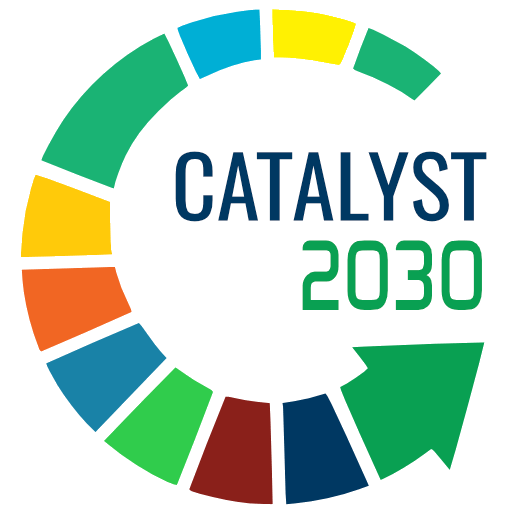Controversial industries and the role of Raízes in mitigating and demanding more responsible practices
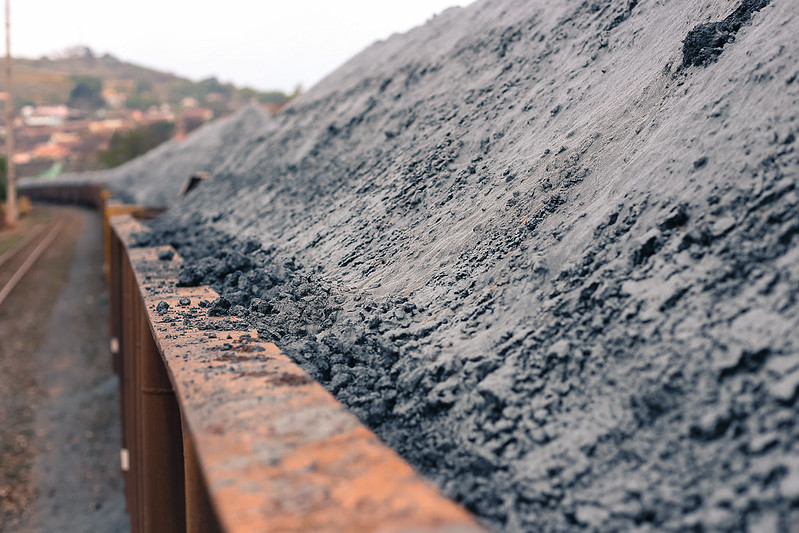

Raízes Sustainable Development has clients among large companies in the mining sector, including Vale and Gerdau. Our work with these companies takes place mainly in the field of compensation and impact mitigation, either through Conduct Adjustment Agreements (TACs) or social investments, always to mitigate the damage and build a positive legacy for the impacted communities.
However, it is important to note that Raízes does not work directly in mining operations. Our focus is to contribute to the execution of these companies’ socio-environmental projects, seeking to optimize resources and achieve the best results. We seek to encourage these companies to take on more and more social and environmental commitments, making them responsible for applying more rigorous, transparent practices that align with the values of a sustainable and ethical society. Therefore, our work is limited to carrying out socio-environmental projects in the areas where the companies operate and developing studies to support new social investments.
A sector of importance and complexity
The mining sector plays an indispensable role in today’s society, providing essential raw materials for construction, technology, and consumer goods. However, it is also one of the most intensive industries in terms of environmental and social impact.
According to a study by the US Department of Energy, the sector consumes between 265 and 985 million liters of water a day in the United States alone, intensifying the water crisis in already vulnerable areas. It also accounts for between 4% and 7% of global greenhouse gas (GHG) emissions, a significant contribution to the current climate crisis.
Data indicates that, globally, approximately 8% of fatal accidents at work are related to mining, even though this sector represents only 1% of the workforce. Issues such as hearing loss, occupational diseases, and exposure to toxic chemicals and metals are common, in addition to situations of gender inequality and discriminatory labor practices that persist in the sector.

What does B Lab say about controversial industries?
Raízes is a B Corp, one of the first to be certified as a B Corp in Brazil in 2014. We are committed to the positive transformation of the world and co-create solutions to various problems using sustainability as a premise. As such, we use the B Lab Declaration for Controversial Sectors to help us make decisions.
The Statement concludes that despite high labor, social environmental, and corruption risks, this industry is necessary given the current needs of society and the economy, and that the industry’s risks can be managed through best practices. However, it imposes strict criteria, especially for sectors with high social and environmental risks.
According to B Lab, for a mining company to be certified, its operations must meet the IRMA (Initiative for Responsible Mining) or Fairmined (Responsible Mining Association) standards, with the requirement that they continue to advance towards more rigorous certifications over time.
These criteria seek to ensure that mining companies are committed not only to compliance but to continuous improvement, promoting evaluation and transparency in their supply chains and operations.
For non-mining businesses that work with companies in this sector (such as Raízes) to become certified, it is necessary to provide transparency about the existing relationship and how the work of the certified company (Raízes) corroborates or mitigates the negative impacts that make this industry controversial.
The role of Raízes in mitigating the sector
Raízes believes that mitigation projects are not enough to offset all negative impacts. Although compensation and social investment are important steps, continuous and structural commitments on the part of companies are equally necessary to reduce the damage caused by their activities as much as possible. Sectors such as mining, which are highly profitable, need to be charged with implementing increasingly demanding standards and giving back to society, especially the communities directly affected.
We work with mining companies to promote sustainable development and social inclusion. These projects range from supporting the development of local communities to job creation and productive inclusion initiatives. At Raízes, we believe that by working in partnership with this controversial industry, we have the opportunity to foster medium-term projects that contribute to a gradual transformation towards a more ethical and sustainable future.
Companies involved in controversial industries must commit to adopting the best practices available. It is the responsibility of all parties involved with them, such as consultants, communities, and society, to ensure that these practices are implemented and monitored over time.
Our work with companies in the mining sector is based on transparency and a commitment to good social and environmental practices. For us, compensation for negative impacts is just the beginning. We are committed to demanding that companies be increasingly transparent and accountable so that they can act ethically and fairly, giving back to society a little of what they extract from it. We are attentive to the way our work is publicized, seeking the best visibility for the groups that want and need it and striving for data accuracy, to avoid greenwashing, bluewashing, or other non-transparent communication practices.
It is important to emphasize that the relationship with these companies is one of partnership, seeking the best results for the territory, for the beneficiaries, and also for the companies that want and need to improve their image and their relationship with local players.
Impact measurement
In recent years, Raízes has carried out four projects with Vale, five with the Vale Foundation, and one with Gerdau. The diverse nature of these 10 projects makes a simple measurement of results difficult, but they can be summarized in more general terms as 03 studies developed with a focus on actively listening to vulnerable or underrepresented people and 44 small businesses created and/or supported to generate autonomy for small entrepreneurs, most of them women and some of them in collective ventures.
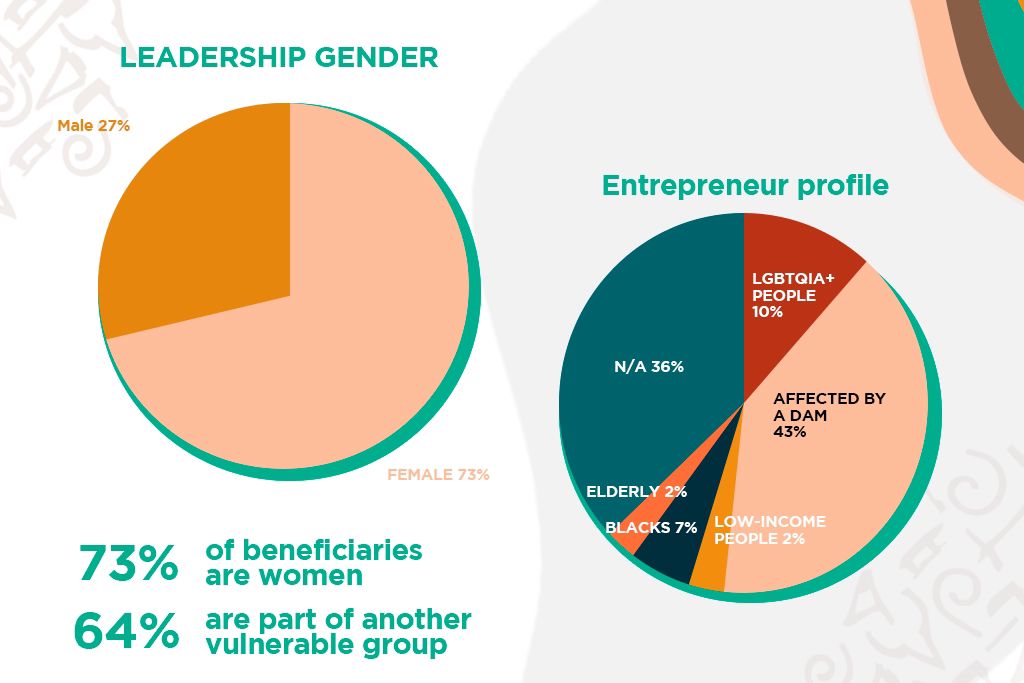
See more details about each of these projects:

Yaripo Yanomami Ecotourism Business Plan

Gente de Fibra – Co-creating the Future

Structuring and Promotion of the Combú Route

Feasibility Study for Tourist Train

Re.green: Agro Penido

Social Characterization: Muanza Farm

Miguel Burnier Tourism Diagnosis

Escola do Mar (School of the Sea)
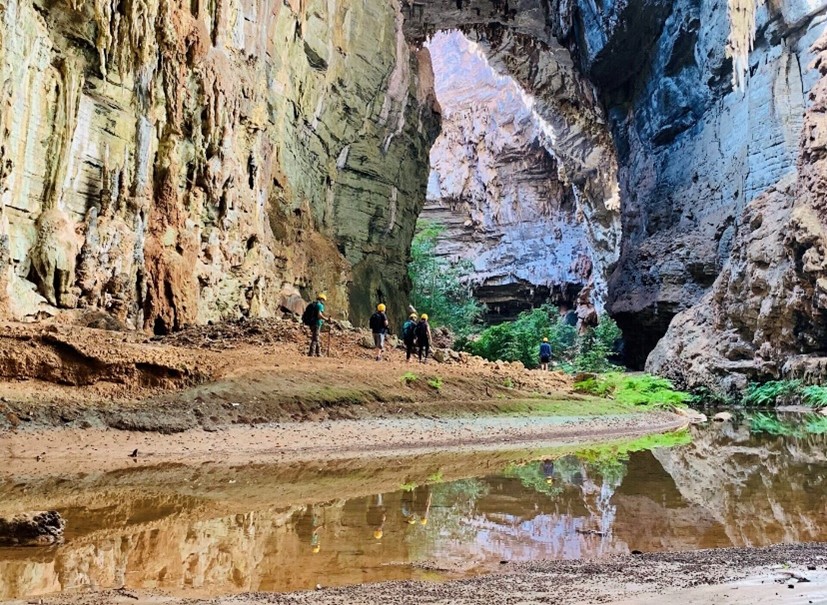
Study of Private Social Investment and Tourism

Strengthening community-based tourism in Belém, the islands, and surrounding areas
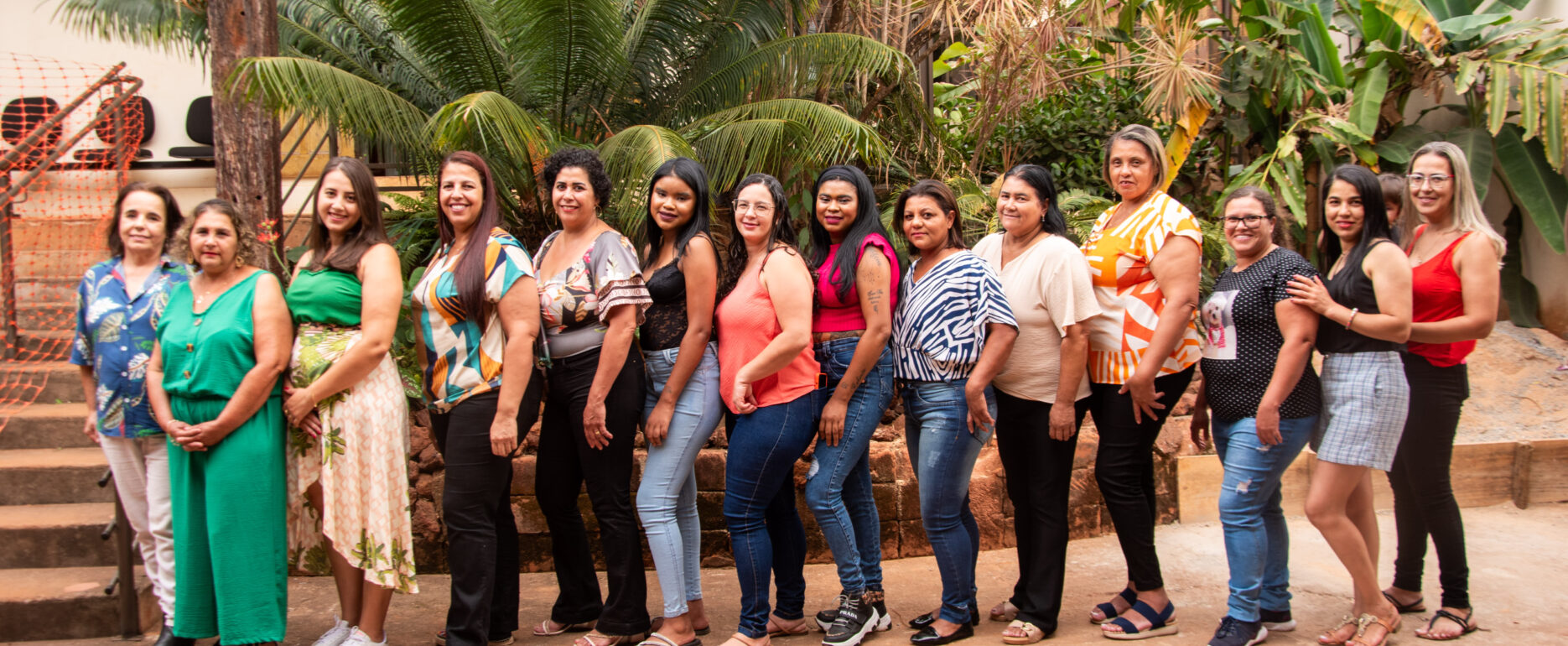
Territorial Development and Social Transformation in Barão de Cocais
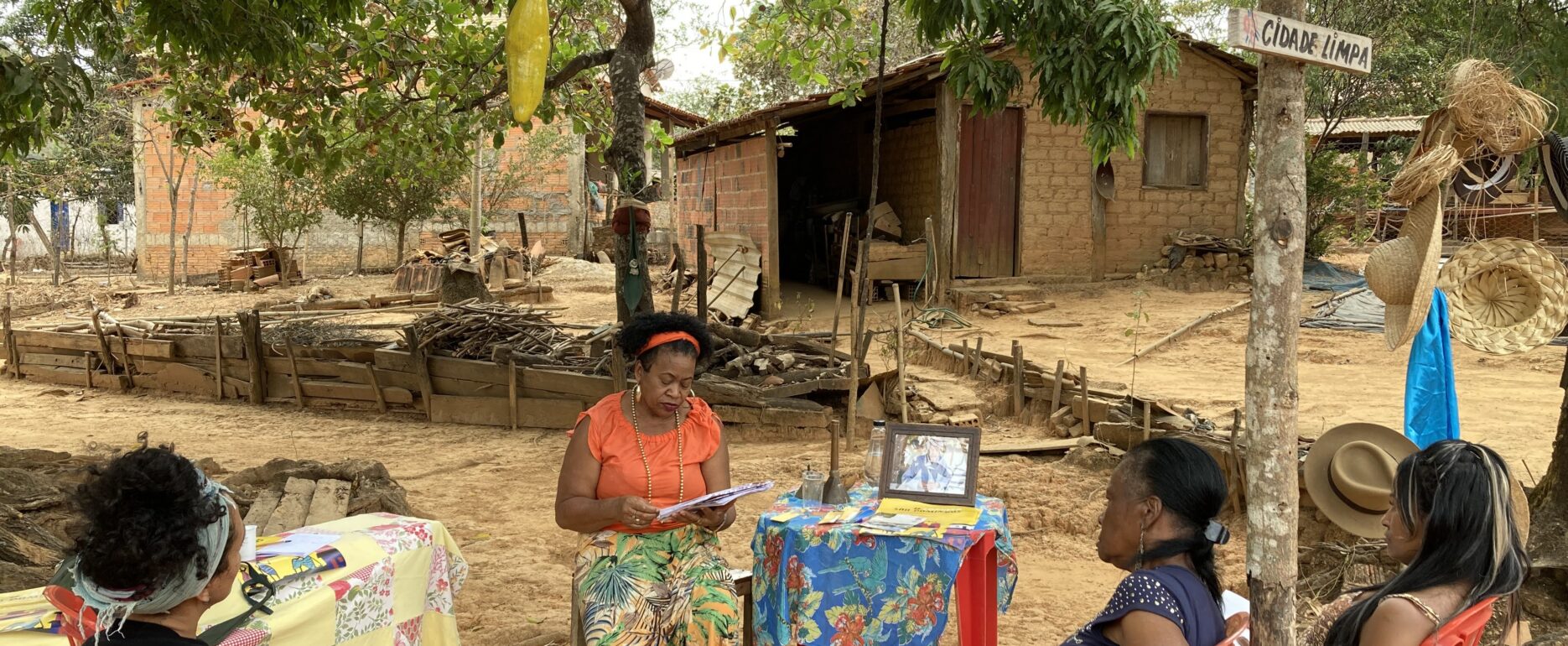
Tourism Development in the São Domingos Quilombo in Paracatu – MG
Do you identify with our purpose and believe that our services can help you and your organization achieve the impact you crave?
Receive our news by email
© Raízes Sustainable Development
Site by NaçãoDesign
